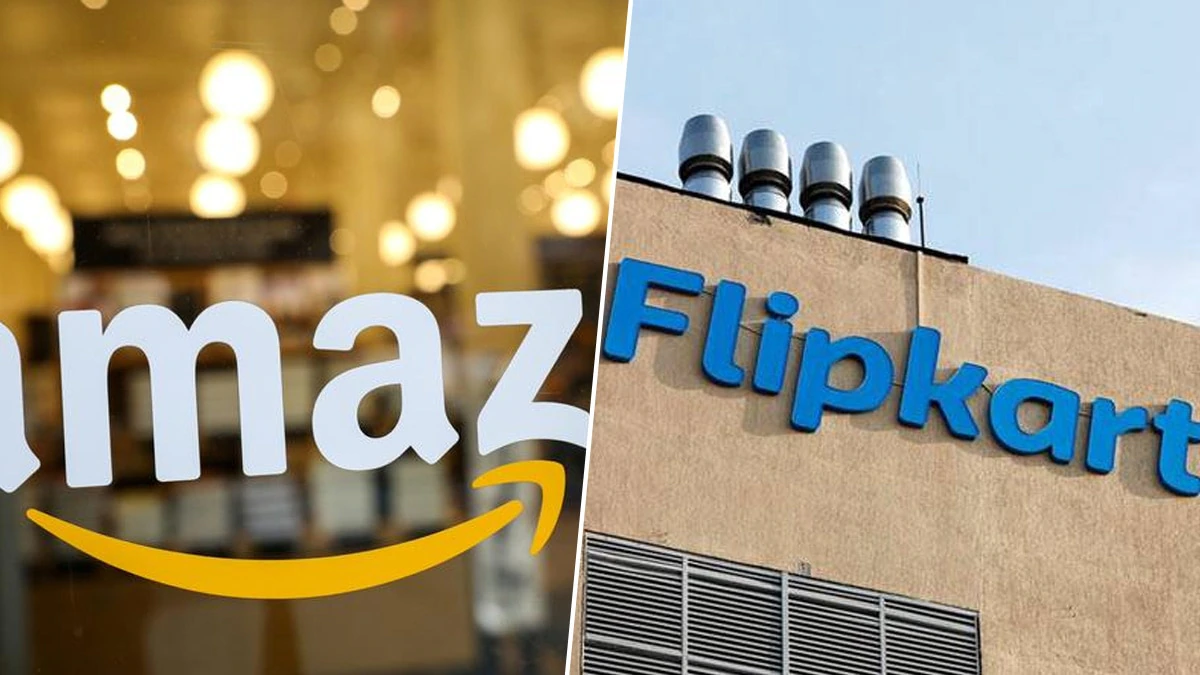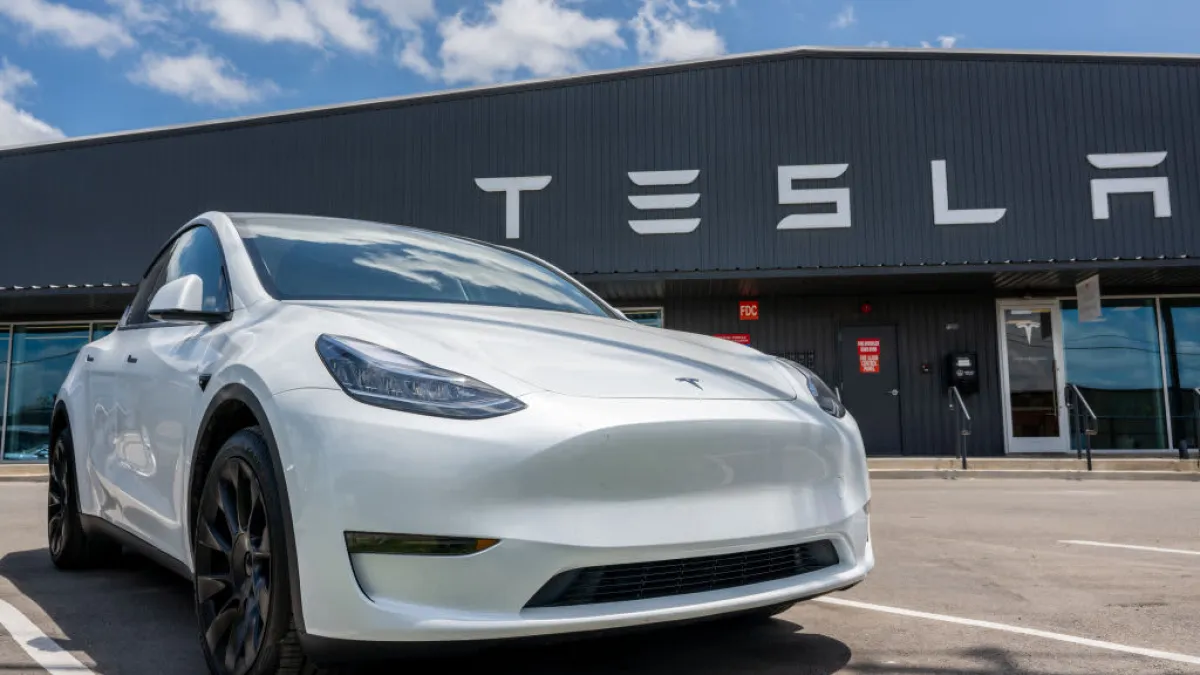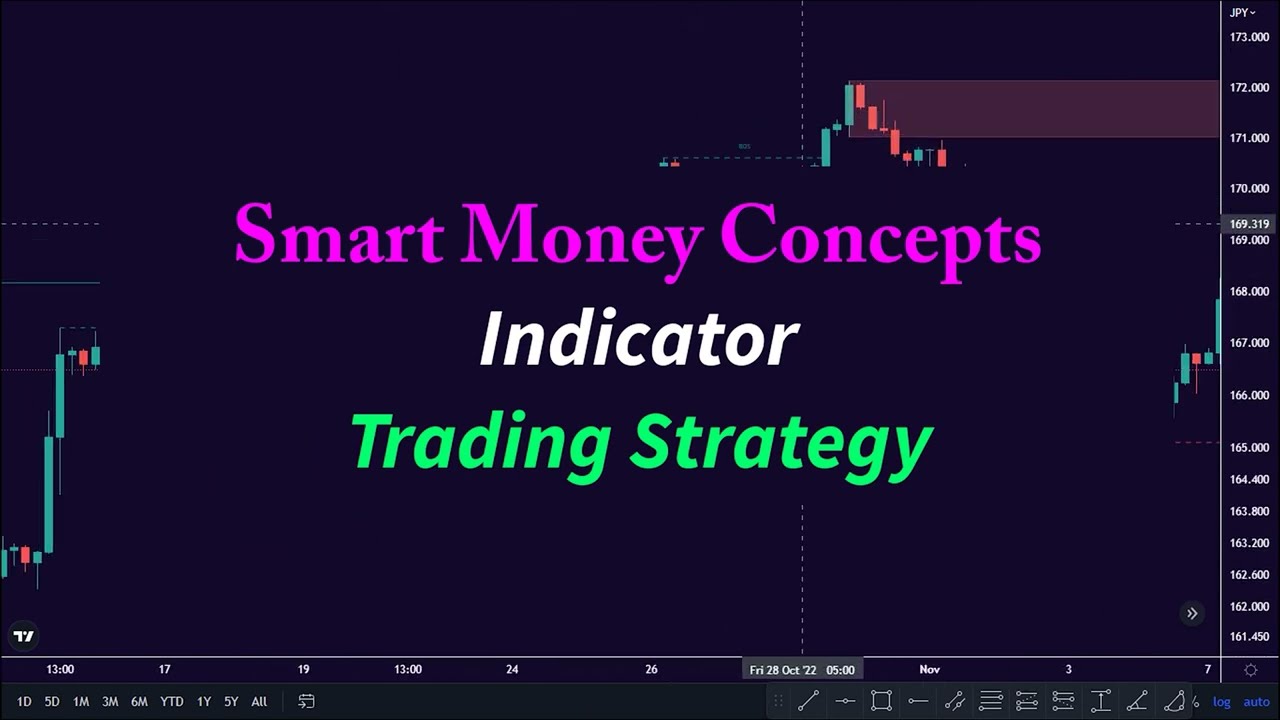On Wednesday, India’s Commerce Minister Piyush Goyal voiced concerns about the rapid expansion of e-commerce, cautioning that it may disrupt small retailers
At the launch of a report on the influence of e-commerce on consumer welfare and employment in India, Goyal expressed concern regarding the anticipated dominance of online marketplaces in the coming decade rather than praising them.
“Is it possible that the significant expansion of e-commerce will result in significant social disruption?” Goyal stated, “I do not regard it as a source of pride that half of our market may become a part of the e-commerce network in a decade; it is a source of concern.”
He also noted that the e-commerce market doubled in size every four years.
According to HSBC, e-commerce transactions in India’s $1.1 trillion retail market were less than $80 billion last year. The annual development rate of the e-commerce sector is 11%-12%.
Rapid expansion is being experienced by quick commerce firms, which guarantee deliveries within 10 minutes or less. According to a TechCrunch analysis, BlinkIt (owned by Zomato), Swiggy Instamart (backed by SoftBank), and Zepto (backed by Lightspeed) are expected to generate over $4.5 billion in sales this year, representing a year-on-year growth rate that surpasses 100%.
Goyal stated that e-commerce companies are pursuing the high-margin products that brick-and-mortar stores sell, which are essential for the survival of local retailers.

“How numerous are the mobile stores currently accessible at the corner?” How many were present a decade ago? What is the location of those stores?
He questioned whether the reported losses of major e-commerce firms indicated exploitative pricing and criticised their pricing strategies.
He stated that while Amazon’s substantial investment in India is being celebrated, the public is overlooking “the underlying story” that the billion dollars are not allocated to any significant service or investment that will benefit the Indian economy.
“They were required to offset the billion-dollar loss on their balance sheet that year.” Do you not consider it exploitative pricing if you incur a loss of Rs 6,000 crore ($715M) annually?
Ultimately, they are an e-commerce platform; therefore, they are legally prohibited from engaging in B2C transactions. Nevertheless, all of you purchase items from these platforms. How are they accomplishing this? Is it not a matter of concern for us?
In India, Amazon, Flipkart, and other e-commerce firms are legally obligated to operate as pure marketplaces. E-commerce companies have discovered that they cannot own their inventory.
Goyal has previously expressed his dissatisfaction with Amazon and e-commerce in India. Two days after Amazon announced its $1 billion investment in India’s business in 2022, Goyal stated that it did not significantly benefit India.
“I am not advocating for the extinction of e-commerce,” Goyal stated Wednesday. “I acknowledge that e-commerce plays a role; however, we must exercise extreme caution in determining the nature of that role.”



